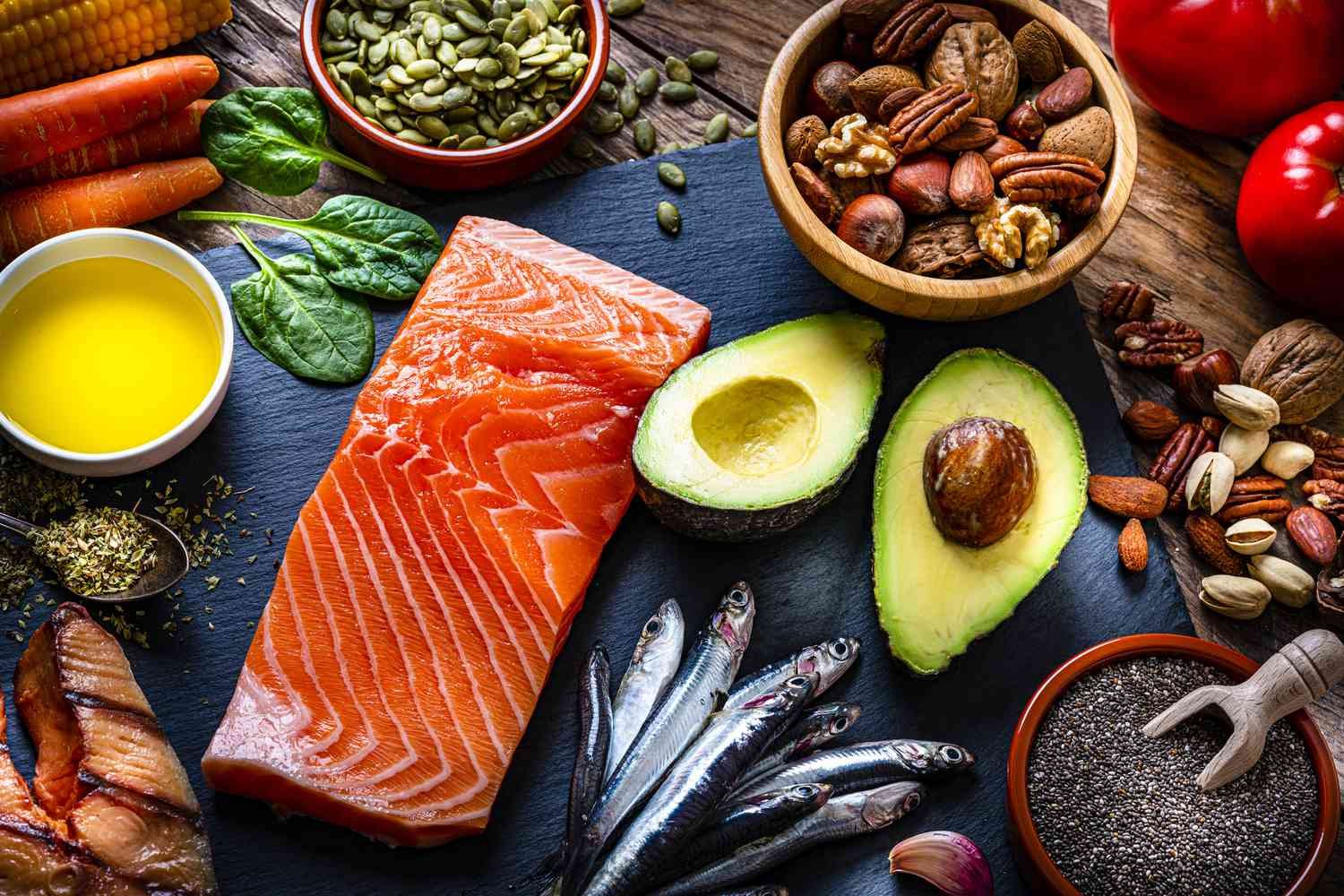There is always a lot of talk about whether fat or sugar is the worst offender when it comes to our eating habits, but by focusing on individual dietary components, it’s easy to miss the bigger picture. While it’s important to understand how different foods and nutrients affect our health, a whole diet approach offers a much more helpful way of assessing the choices we make about what we eat.
With this in mind, few whole diet approaches have won as much acclaim as the Mediterranean diet (or ‘MedDiet’).
What exactly is a Mediterranean diet?
The MedDiet encourages an eating pattern that includes staples from the countries around the Mediterranean, such as Spain, Greece, Italy and France. The diet is primarily plant-based with contributions from animal-based products being largely fish and poultry with a limited quantity of dairy products. The diet also includes plenty of seasonal fruit and vegetables, beans, legumes, wholegrains and low-to-moderate alcohol consumption, typically red wine. It’s thought to be the combination of all these elements that seem to bring health benefits, but one of the key aspects is the inclusion of healthy fats. Olive oil, which is a predominantly monounsaturated fat, is most commonly associated with the MedDiet, but polyunsaturated fats are also present in the form of unsalted nuts, seeds and oily fish. While the modern version of the diet utilises a higher proportion of red meat and introduces some processed foods, the diet’s primary focus remains the same – plantbased with extra healthy fats.
How does the Mediterranean diet work?
As research into the benefits of this type of diet is ongoing, there may eventually be certain foods that are found to have greater significance for health. For now, however, it seems it is the overall diet approach and the combination of foods, rather than individual foods that make this such a healthy way to eat. This makes sense, as it’s true that if you are eating an unhealthy diet full of processed foods, adding one element such as olive oil is unlikely to have noticeable health benefits if that’s the only change you make. However, if you adjust your whole diet so you eat a little less meat and more fish, opt for healthy fats and eat more fruit and vegetables, then it could make a significant difference. Another important aspect of this diet is the sense of community, with meals taking centre stage around conversation with family and friends. How to follow a Mediterranean diet Rather than being a strict ‘diet’, the MedDiet is more a set of guiding principles that influence how and what you eat. Typically, fast and processed foods are out and replaced with wholefoods including fruit, vegetables, lean proteins and wholegrains, and meals are social events.
What foods to eat on a Mediterranean diet
There are no strict ‘rules’, but foods commonly found in a Mediterranean-style diet include:
• Olive oil, especially extra virgin
• Unsalted nuts and seeds including walnuts, almonds and pine nuts
• Oily varieties of fish such as sardines and mackerel
• Seafood such as prawns, squid and mussels
• Poultry
• Chickpeas, lentils and beans
• Wholegrain wheat, rice, oats and pasta
• Fruit including avocado, pomegranate and berries
• Greek yogurt
• Eggs
• Green leafy vegetables
• Starchy vegetables like sweet potatoes and sweetcorn
• Herbs such as basil, oregano, dill and rosemary
Which foods are less associated with the diet?
• Butter, margarine and lard
• Biscuits, cakes and pastries
• Confectionery
• White refined versions of bread, pasta and rice
• Processed meats such as sausages, burgers and bacon
• Red meats
• High-fat cheese, cream and milk
Can the Mediterranean diet be vegetarian?
It is possible to follow a vegetarian version. Many of the health benefits associated with this diet are thanks to the emphasis on whole, fresh and seasonal foods People who closely follow this diet may live longer and be less likely to put on weight The principles of the MedDiet offer an effective, balanced and healthy approach to eating. including fruit, vegetables, wholegrains, legumes and nuts. What drinks can I include? Fizzy drinks, concentrated juices and cordials should be replaced with water, herbal teas and the occasional glass of red wine.
What’s the evidence for the Mediterranean diet?
Research has shown it may reduce our risk of developing conditions like type 2 diabetes, high blood pressure and high cholesterol – all risk factors for heart disease. People who closely follow this diet may live longer and be less likely to put on weight. While further research is needed, early studies suggest that a Mediterraneanstyle diet could be associated with a lower risk of dementia. With brain-healthy foods like olive oil, fresh fruit and veg, fish, nuts and legumes central to this diet, it’s unsurprising to see this link.
Does this diet work for weight loss?
The MedDiet has not been designed for weight loss, but the evidence for weight reduction and weight management over time is impressive. Analyses have shown a greater reduction of body weight and BMI compared to other diets, while studies found a reduced risk of becoming obese and gaining weight over time.
Our verdict
Evidence supports the use of the MedDiet for the prevention of heart disease, increasing lifespan and supporting healthy ageing. It also appears to reduce the risk of obesity and helps maintain a healthy weight. The MedDiet offers a balanced, non-restrictive eating plan that is the typical diet in two of the five so-called ‘blue zones’ – locations renowned for lower rates of disease. The principles of the MedDiet offer an effective, balanced and healthy approach to eating.
Mediterranean Bowl Recipie
This Mediterranean bowl is bursting with fresh ingredients! Roasted vegetables, couscous and lemon tahini sauce make a satisfying meal.

Looking for fresh and healthy dinner ideas? Try this Mediterranean Bowl, bursting with colorful veggies! It’s a simple “meal in a bowl” that stars spiced roasted vegetables, seasoned with an irresistible mix of cumin, coriander, garlic and a hint of cinnamon. Add to that quinoa or couscous, fresh cucumber and tomato, and top it all off with a creamy lemon tahini sauce. This one hit the spot in our house to start off the year with a bang. Here’s how to make it!
Ingredients in this Mediterranean bowl
A Mediterranean bowl can be made in a variety of ways: this one is simply a bowl meal inspired by flavors of the Mediterranean. It features four main components: roasted vegetables, fresh vegetables, whole grain, and a tahini dressing. It’s so full of flavor, you’ll forget it’s a pile of good-for-you ingredients. Of course, there are endless variations here and you can riff on the ideas easily. Here’s what you’ll need to make the recipe as written:
- Canned chickpeas
- Sweet potatoes
- Red bell pepper
- Red onion
- Olive oil
- Cumin, paprika, garlic powder, coriander, cinnamon, and salt
- Quinoa or couscous (or other grain)
- Cherry tomatoes
- Salad greens










